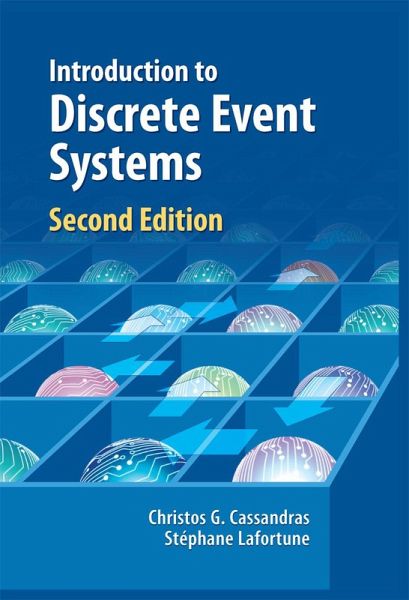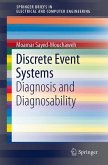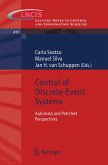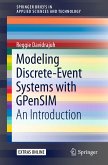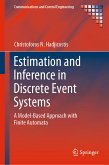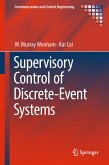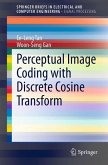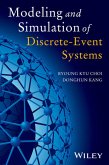Distinctive features of the second edition include:
- more detailed treatment of equivalence of automata, event diagnosis, and decentralized event diagnosis
- expanded treatment of centralized and decentralized control of partially-observed systems
- new sections on timed automata with guards (in the Alur-Dill formalism) and hybrid automata
- an introduction to hybrid systems
- updated coverage of discrete event simulation, including new software tools available
- recent developments in sensitivity analysis for discrete event systems as well as hybrid systems
This textbook is valuable to advanced-level students and researchers in a variety of disciplines where the study of discrete event systems is relevant: control, communications, computer engineering, computer science, manufacturing engineering, operations research, and industrial engineering.
Dieser Download kann aus rechtlichen Gründen nur mit Rechnungsadresse in A, B, BG, CY, CZ, D, DK, EW, E, FIN, F, GR, HR, H, IRL, I, LT, L, LR, M, NL, PL, P, R, S, SLO, SK ausgeliefert werden.

